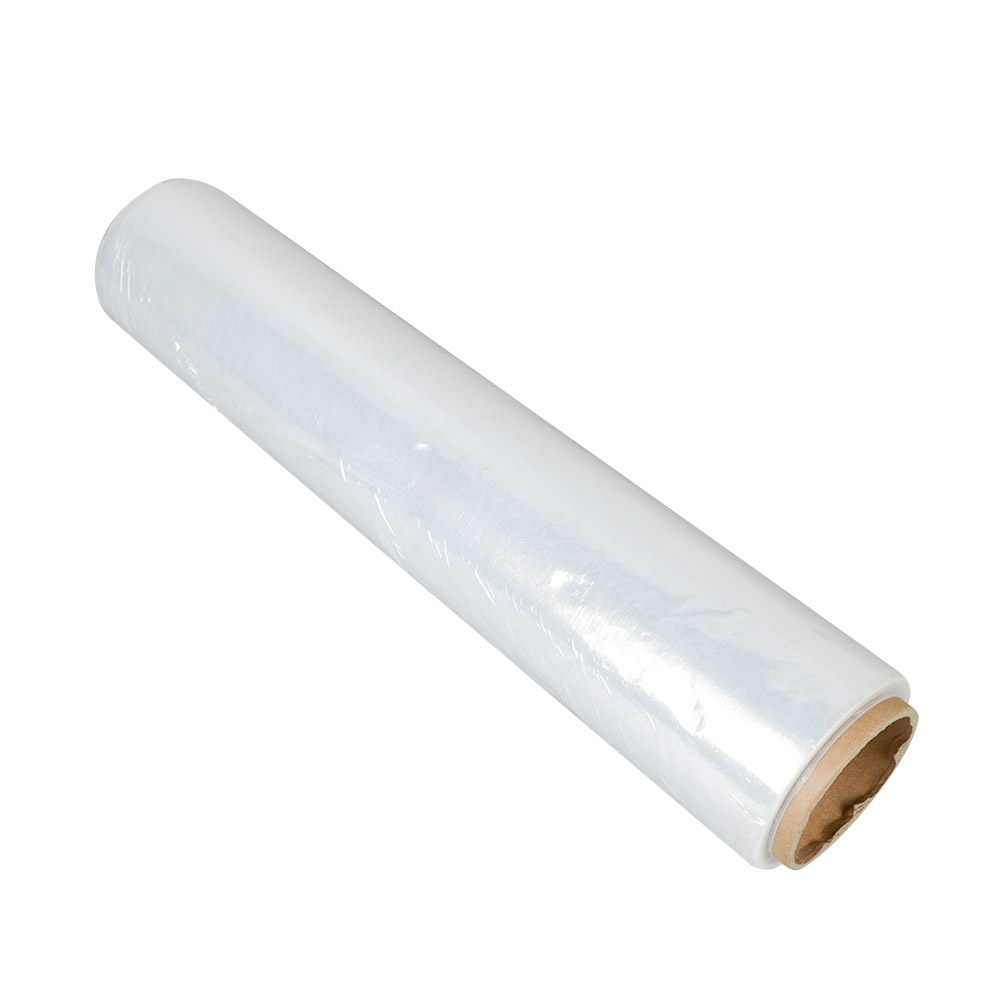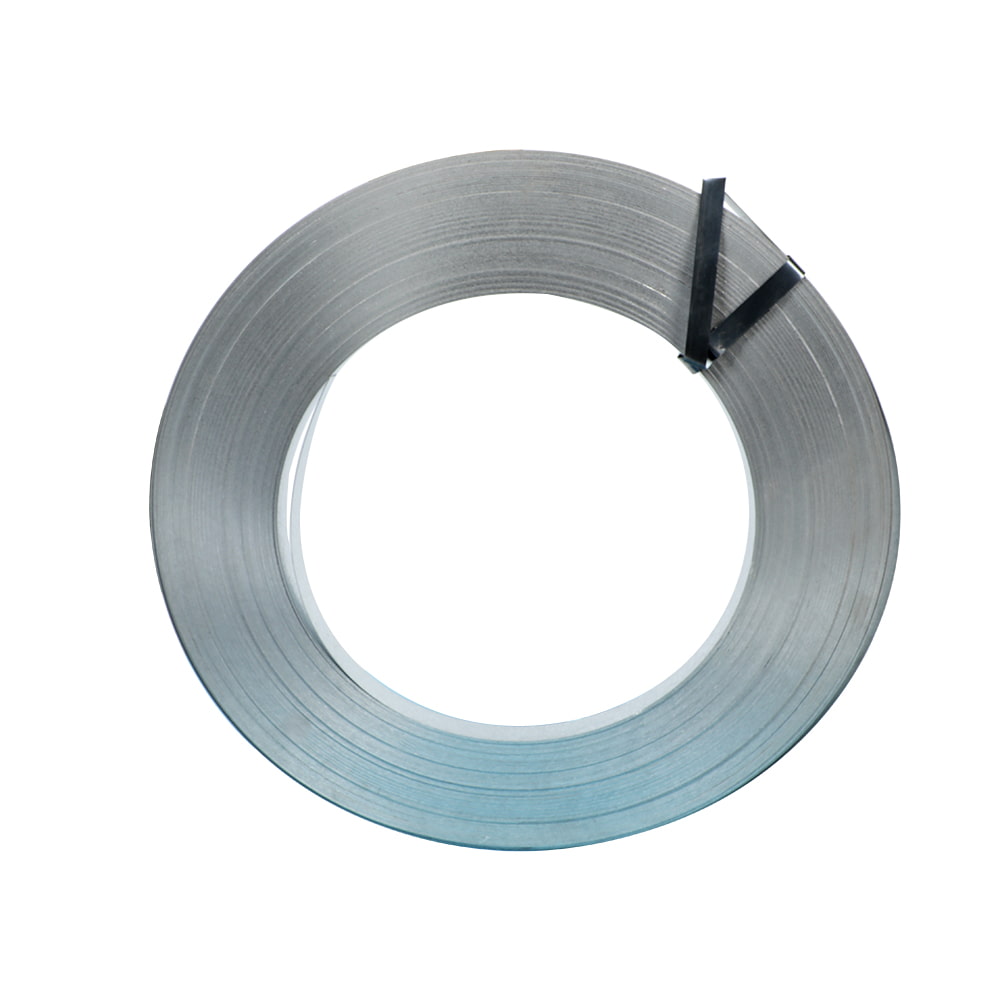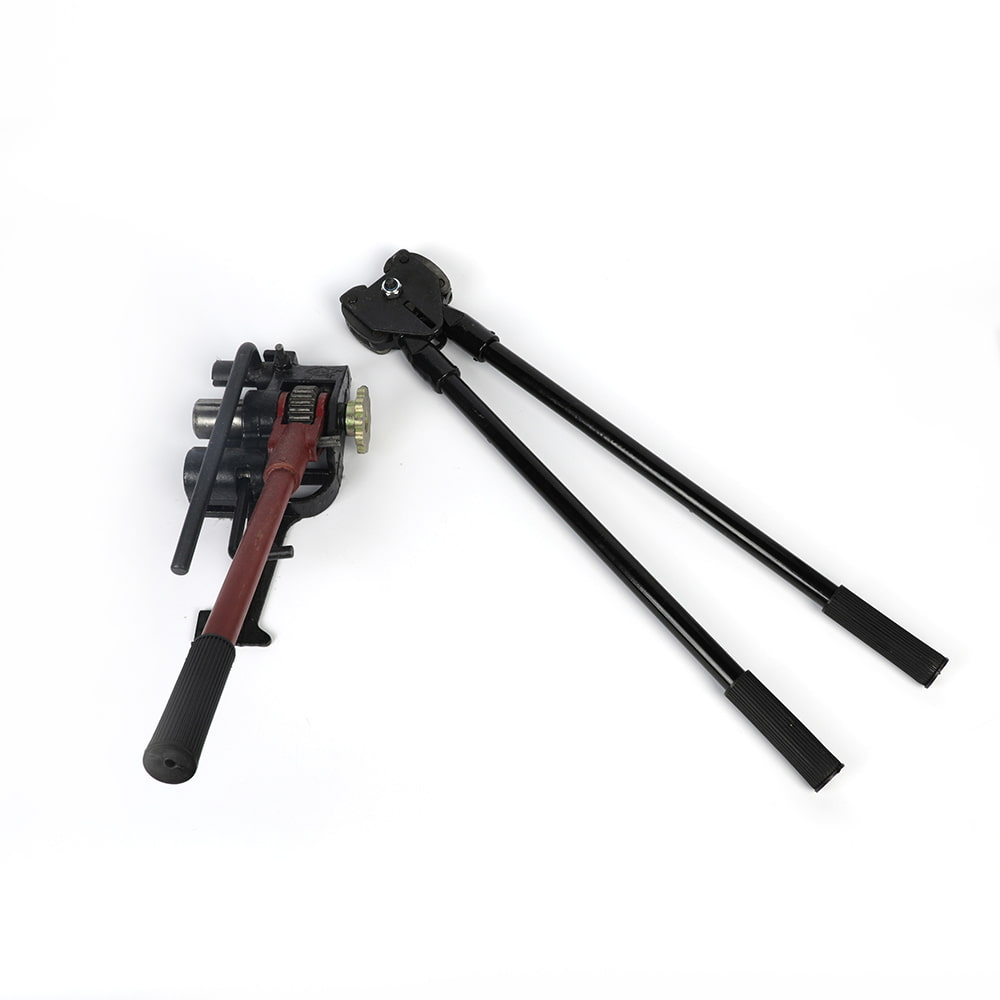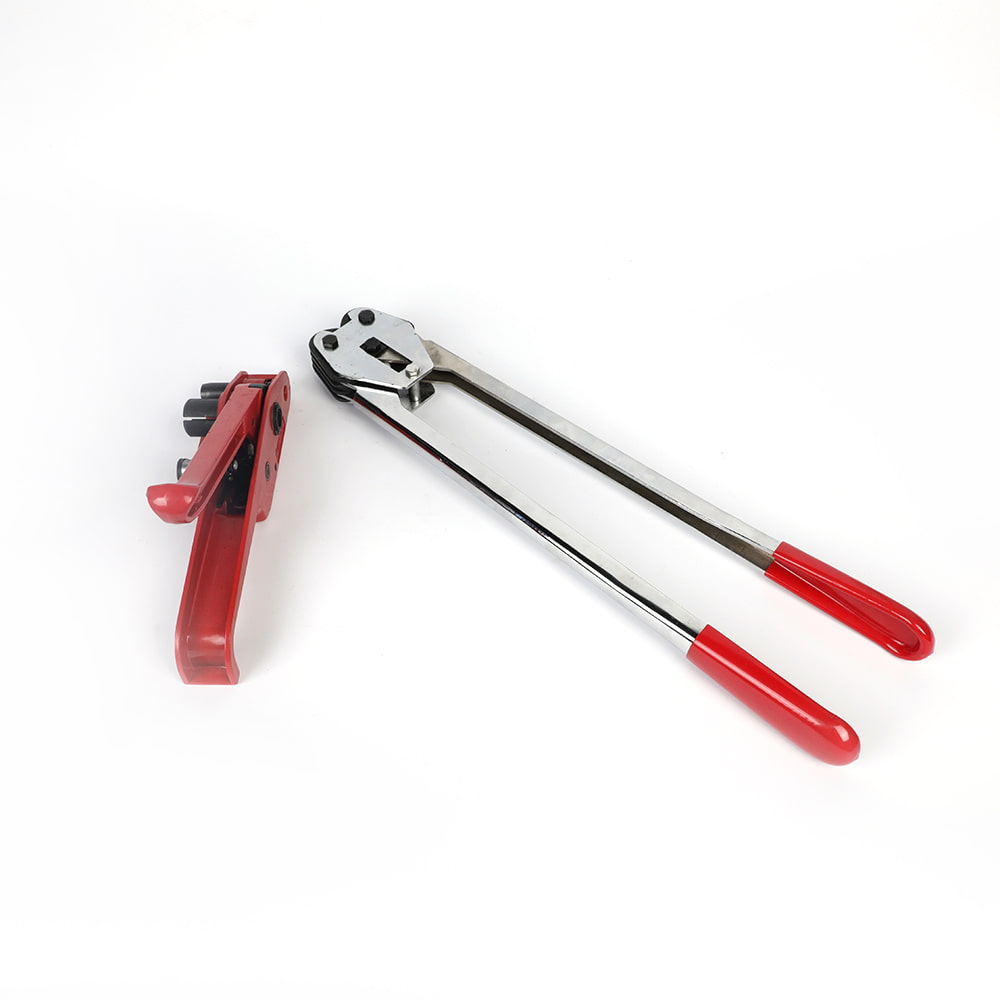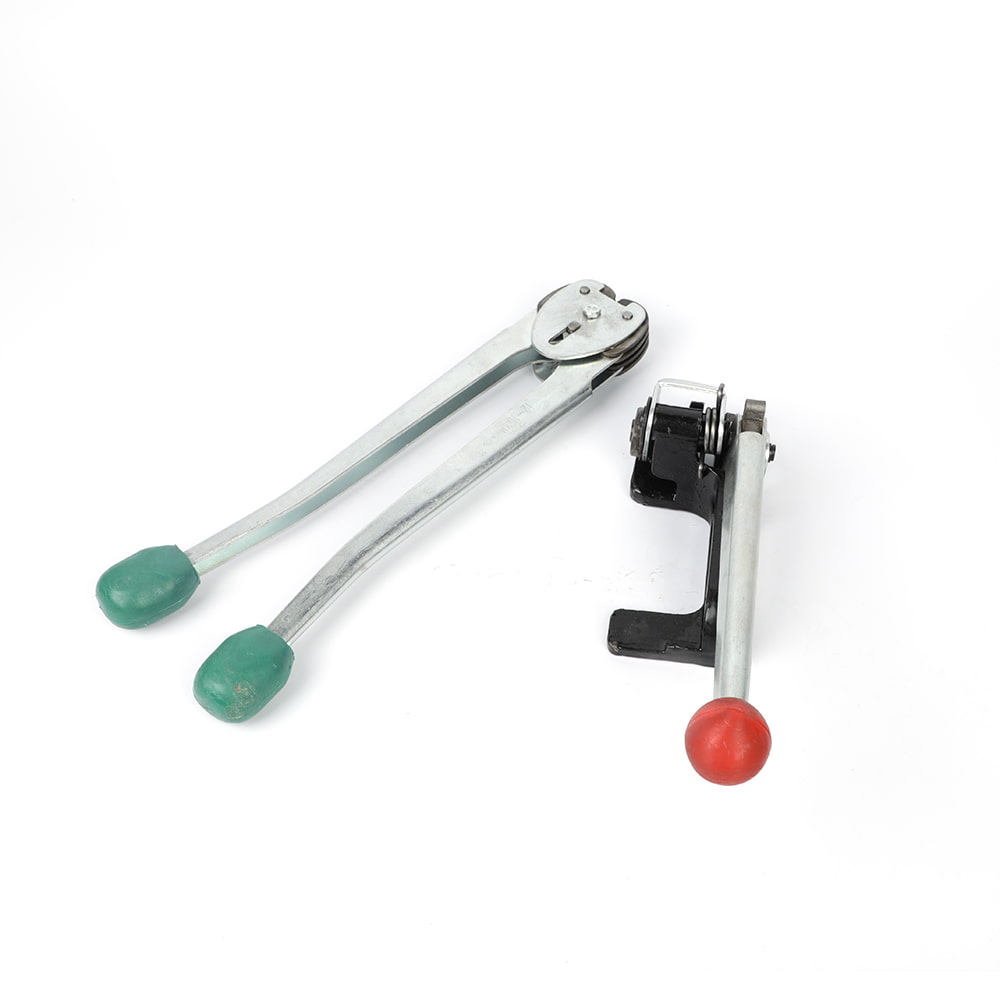The Growing Role of Automation: Steel Strapping Machines in Industry 4.0
Author:admin Date:2023-09-21
Automation in Packaging and Strapping:
Improved Efficiency: Steel strapping machines automate the process of securing products or bundles with steel straps. This automation significantly speeds up the strapping process compared to manual methods. As a result, manufacturers can meet production targets more efficiently, leading to reduced lead times and increased throughput.
Consistency and Quality: Automation ensures consistent tension and sealing of steel straps, reducing the risk of human error. This consistency results in higher-quality strapping, which is essential for the safe and secure transportation of goods. In Industry 4.0, maintaining product quality and reliability is paramount.
Data Integration: Many modern steel strapping machines are equipped with sensors and IoT connectivity. This enables them to collect data on strapping tension, failure rates, and other performance metrics. This data can be integrated into the manufacturing process, providing insights for continuous improvement and predictive maintenance.
Cost Savings: Although initial investments in steel strapping machines can be significant, they often lead to long-term cost savings. Automation reduces labor costs, minimizes material wastage, and decreases the need for rework due to strapping failures. In the context of Industry 4.0, cost-effectiveness is a critical factor for sustainable manufacturing.
Integration with Industry 4.0 Principles:
Interconnectivity: Steel strapping machines can be integrated into larger production and supply chain networks. They can communicate with other machines, such as conveyor systems and robotic palletizers, to create a seamless and synchronized production line.
Data Analytics: The data generated by steel strapping machines can be analyzed in real-time to identify patterns and anomalies. Predictive analytics can help anticipate maintenance needs and prevent unplanned downtime, aligning with the predictive maintenance concept of Industry 4.0.
Customization: Industry 4.0 promotes mass customization, and steel strapping machines can adapt to various product sizes and shapes. They can be programmed to apply the right amount of tension and use appropriate strap materials based on the specific requirements of each product.
Human-Machine Collaboration: While automation is a cornerstone of Industry 4.0, it doesn't eliminate the need for human involvement. Workers can oversee and maintain steel strapping machines, troubleshoot issues, and make informed decisions based on the data collected.
Conclusion:
Steel strapping machines have become indispensable tools in the context of Industry 4.0. Their ability to automate and optimize the packaging and strapping processes aligns with the principles of efficiency, data integration, and cost-effectiveness promoted by the Fourth Industrial Revolution. As manufacturers and logistics companies continue to embrace Industry 4.0, steel strapping machines will play an increasingly crucial role in streamlining operations, ensuring product quality, and contributing to sustainable and agile supply chains.
Improved Efficiency: Steel strapping machines automate the process of securing products or bundles with steel straps. This automation significantly speeds up the strapping process compared to manual methods. As a result, manufacturers can meet production targets more efficiently, leading to reduced lead times and increased throughput.
Consistency and Quality: Automation ensures consistent tension and sealing of steel straps, reducing the risk of human error. This consistency results in higher-quality strapping, which is essential for the safe and secure transportation of goods. In Industry 4.0, maintaining product quality and reliability is paramount.
Data Integration: Many modern steel strapping machines are equipped with sensors and IoT connectivity. This enables them to collect data on strapping tension, failure rates, and other performance metrics. This data can be integrated into the manufacturing process, providing insights for continuous improvement and predictive maintenance.
Cost Savings: Although initial investments in steel strapping machines can be significant, they often lead to long-term cost savings. Automation reduces labor costs, minimizes material wastage, and decreases the need for rework due to strapping failures. In the context of Industry 4.0, cost-effectiveness is a critical factor for sustainable manufacturing.
Integration with Industry 4.0 Principles:
Interconnectivity: Steel strapping machines can be integrated into larger production and supply chain networks. They can communicate with other machines, such as conveyor systems and robotic palletizers, to create a seamless and synchronized production line.
Data Analytics: The data generated by steel strapping machines can be analyzed in real-time to identify patterns and anomalies. Predictive analytics can help anticipate maintenance needs and prevent unplanned downtime, aligning with the predictive maintenance concept of Industry 4.0.
Customization: Industry 4.0 promotes mass customization, and steel strapping machines can adapt to various product sizes and shapes. They can be programmed to apply the right amount of tension and use appropriate strap materials based on the specific requirements of each product.
Human-Machine Collaboration: While automation is a cornerstone of Industry 4.0, it doesn't eliminate the need for human involvement. Workers can oversee and maintain steel strapping machines, troubleshoot issues, and make informed decisions based on the data collected.
Conclusion:
Steel strapping machines have become indispensable tools in the context of Industry 4.0. Their ability to automate and optimize the packaging and strapping processes aligns with the principles of efficiency, data integration, and cost-effectiveness promoted by the Fourth Industrial Revolution. As manufacturers and logistics companies continue to embrace Industry 4.0, steel strapping machines will play an increasingly crucial role in streamlining operations, ensuring product quality, and contributing to sustainable and agile supply chains.

 EN
EN 
 English
English 中文简体
中文简体

